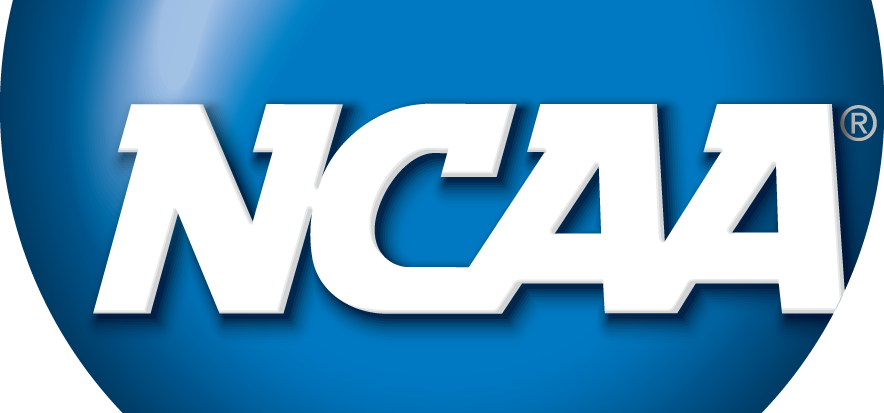 The Federal government is doing more of the NCAA’s work.
The Federal government is doing more of the NCAA’s work.
College athletics is spinning out of control for two reasons. Too much money is being spent, and the people who could stop the madness represent those who are making most of that money. Legislation by member schools could curb coaches’ salaries and stop the race for facilities, but it is never introduced.
Now there seems to be a provision of the new tax law passed by Congress that could effectively hold down and perhaps reverse the multi-million-dollar incomes made by college coaches, particularly in football and men’s basketball. Congress apparently wants to make wealthy private universities spend down their endowments and slow down executive pay.
According to published reports, Duke is one of the schools being used as an example, since coach Mike Krzyzewski’s annual income has been estimated between $7 and $10 million in recent years. The new tax provision would make every dollar he earns above $1 million taxable at a 21 percent rate.
Let’s see, Coach K’s last known annual take was $7.4 million in 2015, and football coach David Cutcliffe was close to $2.6 million. So that makes $8 million that could be taxed at 21 percent, or $1,680,000. The coaches wouldn’t have to pay it, just the universities dolling out that kind of money to its top five employees who are not physicians or veterinarians.
Duke reportedly has at least five people pulling in more than a million bucks, including new president Vince Price and executives in the school’s investment office. The IRS would levy the taxes on the top five only, with the intent of controlling salaries and bonuses at rich educational institutions.
Another provision is a 1.4 percent tax on endowments at wealthy private schools like Duke. Confusion reigns over how all this will be implemented, but apparently public universities like UNC are not subject to such excise taxes. The objective is to force pressure to lower coaches’ salaries or slow down their rise.
This is something critics of the NCAA have harped on for years when football and basketball coaches make astronomical incomes because of competition in the market. That doesn’t mean Coach K will get a pay cut, more likely that his successor makes a lot less than he does.
Podcast: Play in new window | Download
Subscribe: RSS


Comments on Chapelboro are moderated according to our Community Guidelines